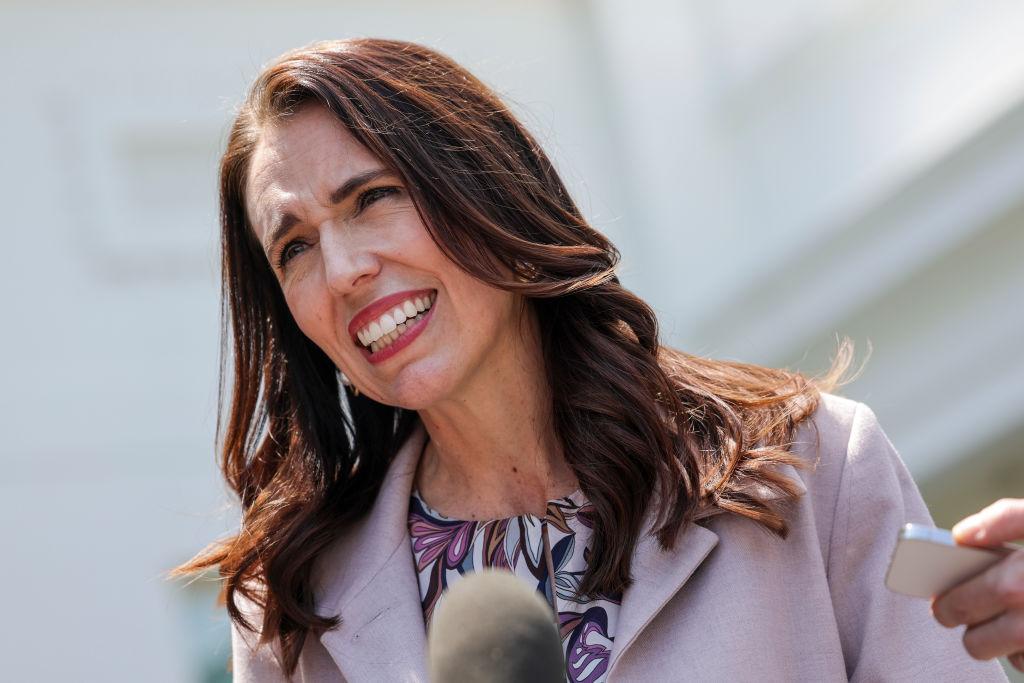New Zealand Prime Minister Jacinda Ardern said arming business owners is not the answer to the recent spate of crimes the small island nation is currently experiencing, including ram raids by youth offenders, gang violence and shootings, and stabbings.
Dairy and Business Association Chair Sunny Kaushal said the government needed to acknowledge how serious the situation had become.





